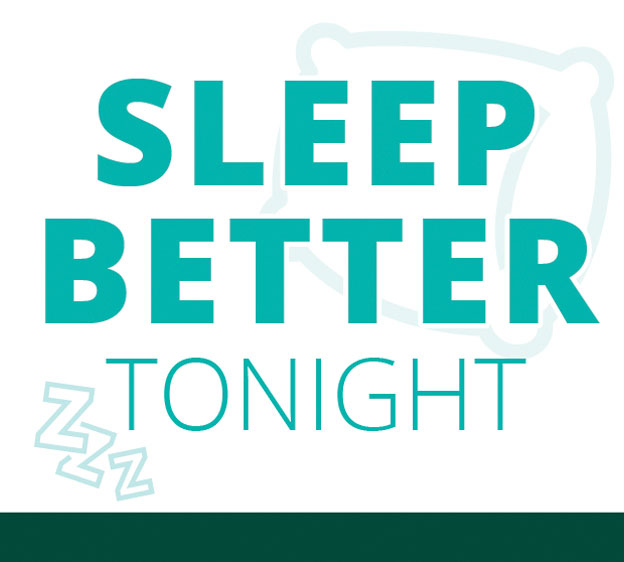
While healthy adults generally need seven to nine hours of sleep for good health, at least 1 in 3 gets less sleep than recommended, according to the Centers for Disease Control and Prevention. This may not seem like a big deal — until you learn what happens when you don’t get enough sleep.
Lack of sleep does more than make you sleepy. It makes you more likely to gain weight, develop heart disease and have memory problems. A lack of sleep also weakens your immune system, making you more likely to get everything from a common cold to COVID-19.
Why You’re Having Trouble Sleeping at Night
If you struggle to fall asleep, you may have sleep onset insomnia. Struggle to stay asleep? This is known as sleep maintenance insomnia.
Whichever type plagues you, figuring out the cause of your insomnia is essential to overcoming the condition. Common causes of insomnia include:
- Alcohol
- Anxiety and/or depression
- Caffeine
- Health conditions (such as heart disease, chronic pain or incontinence)
- Nicotine
- Stress
Read More: The Sleep-Cancer Connection
Seeing Sleep Problems During the Day
Struggling with sleep doesn’t just affect you during the night. It can affect your long-term health — lack of sleep has been linked to an increased risk of high blood pressure and obesity — and every moment of your waking life.
Below are some signs that insomnia is robbing you of sleep and keeping you from maximizing your day:
- You get irritated or angry frequently.
- You have a hard time keeping up with demands of work or school.
- You have problems focusing on the task at hand.
- You often make mistakes that are easily avoidable.
Read More: Get Ready for a Good Night’s Rest
If you have you experienced one or more of the situations above, you may have insomnia — but you don’t have to take it lying down. Check out the infographic below to see what you can do to help yourself fall asleep at night and put insomnia to rest at last.

Speak with a primary care provider if you have trouble sleeping. Need a provider? Find one accepting new patients.
